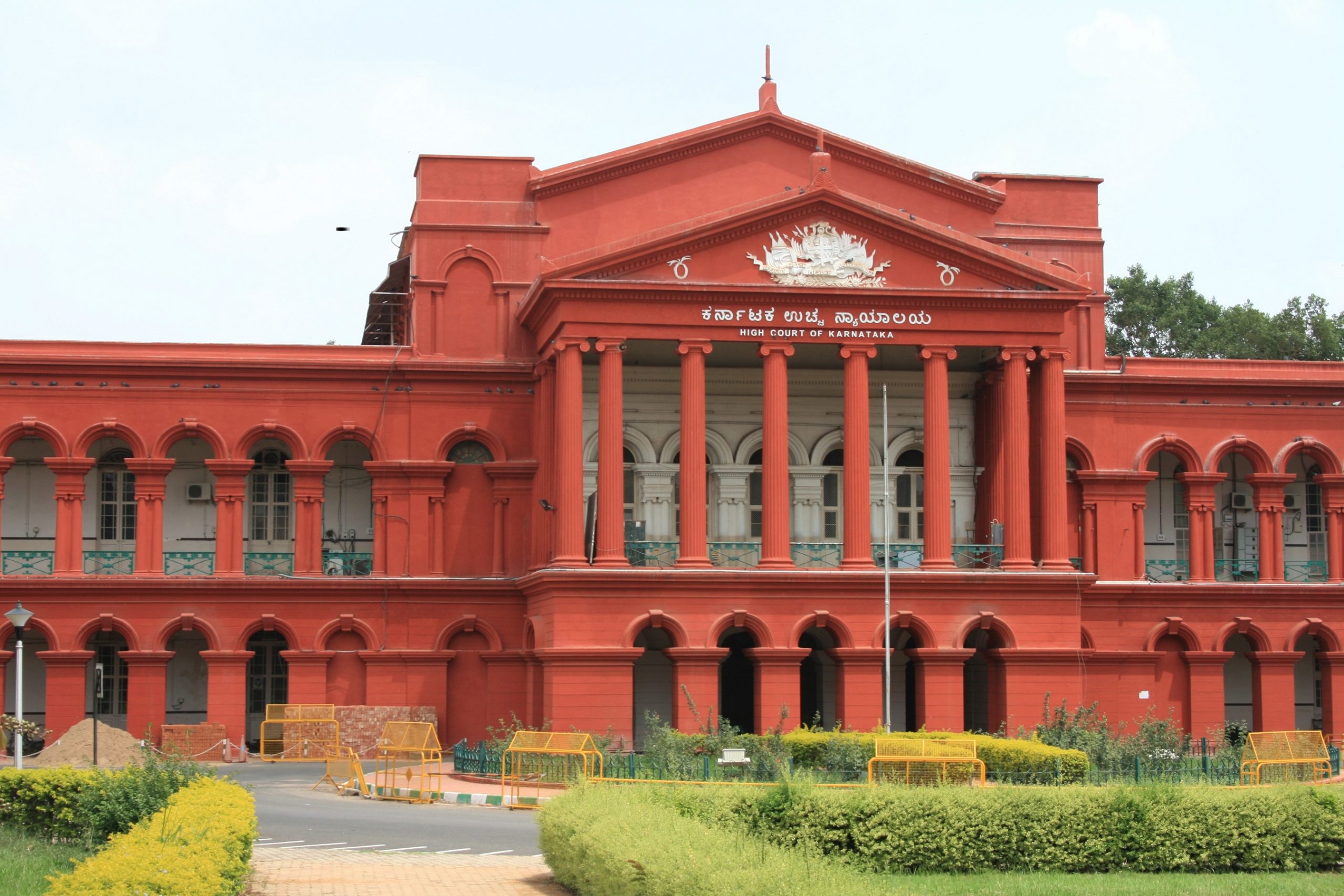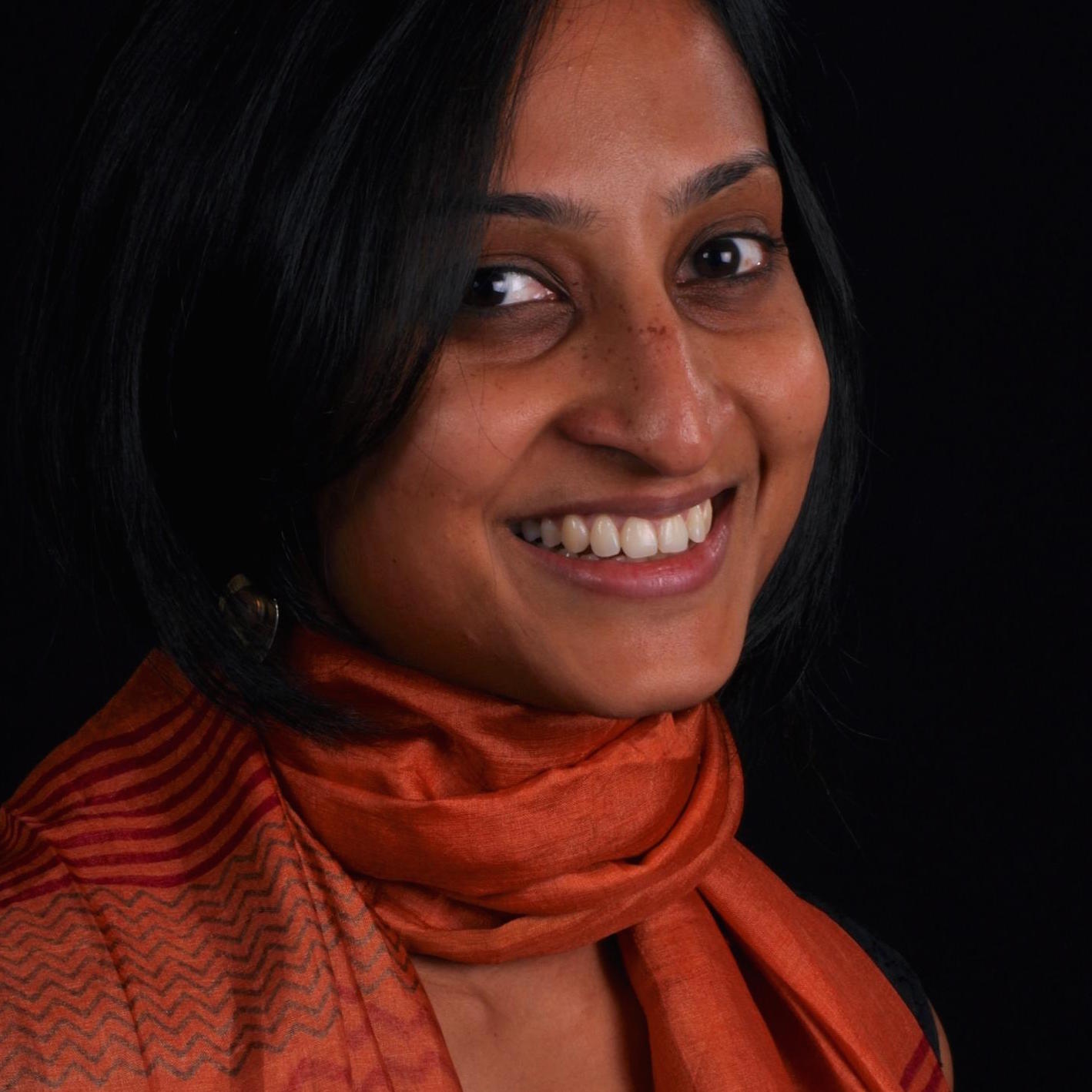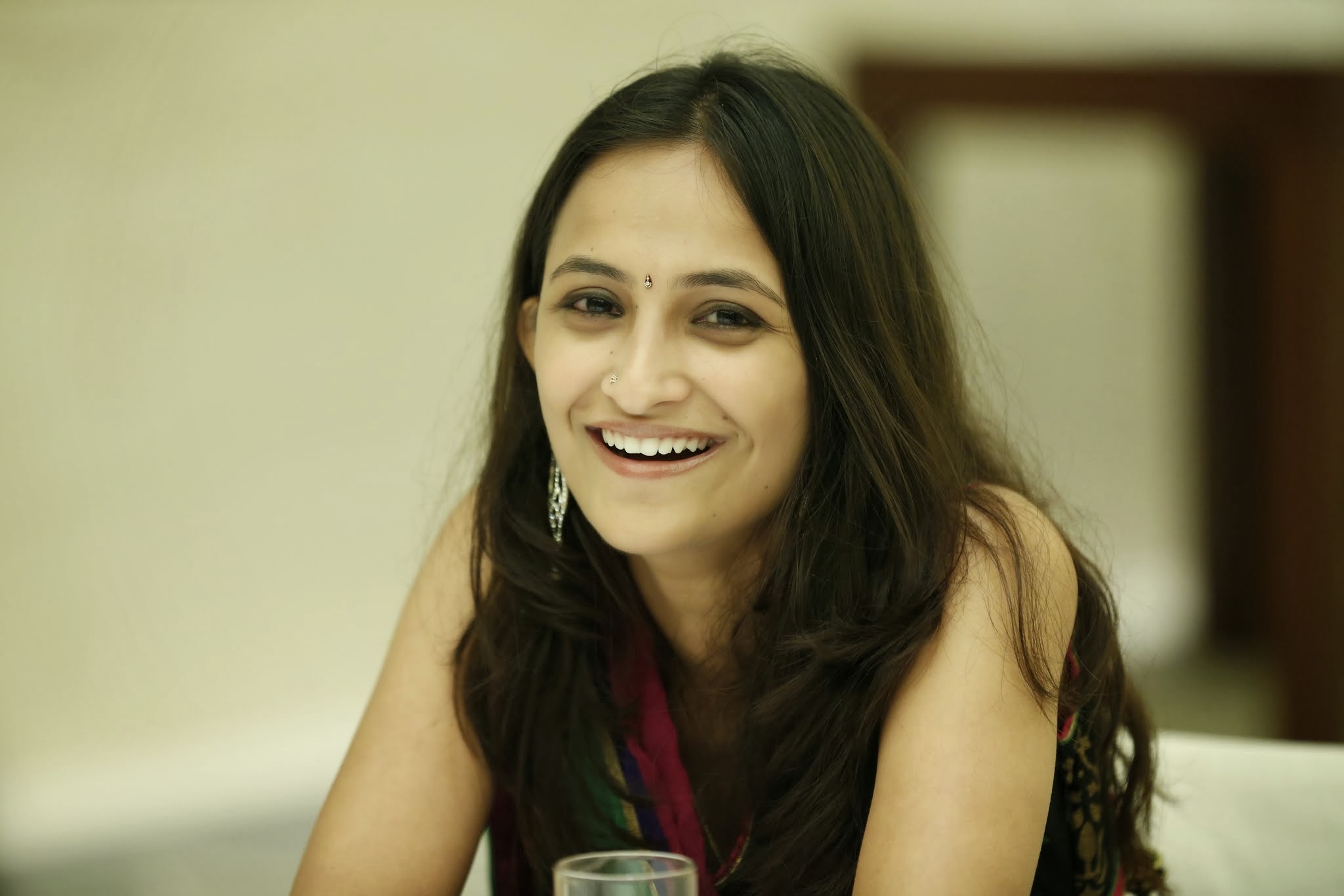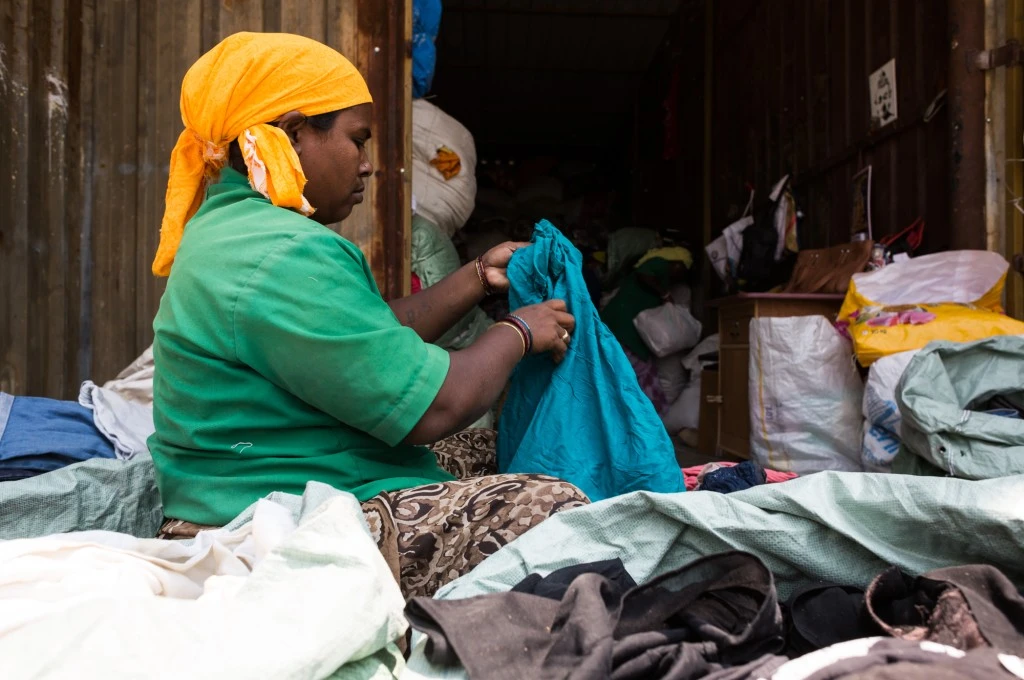Today, many historians, social entrepreneurs, civil rights leaders, and policy makers believe that civic participation is central to driving sustainable change. We, as changemakers, recognise that change must happen bottom up and be driven by the voices of people, especially those most marginalised.
As a society, we have a great deal of experience in mobilising communities for improving lakes and schools, stopping deforestation, advocating for privacy rights, and much more. Yet, when it comes to our justice delivery system, most hope for nothing more than an average lawyer.
[quote]Change must happen bottom up and be driven by the voices of people.[/quote]People feel powerless and alone while navigating the court system, because unlike the legislative and executive branches of our government, the judiciary is not structurally designed to listen to or engage with citizens and changemakers, even on administrative matters.

We therefore struggle to find accessible entry points to engage, and improve access, empathy or efficiencies in the system. The mystification of the legal and judicial sector, and the perception that one needs to be an ‘expert’ also act as barriers to attracting civic participation.
There is however a huge opportunity to improve the judicial system by attracting and enhancing civic participation. This is key if we want our solutions to be relevant to the ‘felt need’ in society.
Some of the initiatives that have helped create new frameworks for citizens to engage in our legal systems can be useful to help us understand what roads we must take.

Karnataka High Court | Photo courtesy: Wikimedia Commons
Participatory defense
When we think of the need for defence in a court case, we automatically think only a lawyer can impact case outcomes. Raj Jayadev from Silicon Valley De-Bug, challenged this simple assumption. He saw that families of accused individuals wanted to help, but simply did not know how to. He thought, why not make families a part of the defense team and change the landscape of power?
Related article: It’s time for CSR to invest in justice

8 out of 10 individuals in the United States of America rely on public defenders to represent their cases. While most public defenders do heroic work, they are overworked and under-resourced. As a result, several of the accused end up facing long-term sentences.
Raj encourages families to come to a weekly meeting. Here they strategise and find a way to tangibly influence outcomes of the case. They work with the public defender’s office and support them to find inconsistencies in police reports, collect evidence and identify areas that need more investigation. Most interestingly, they create social biographies and videos that capture the life of the individual, so that the judge can see the person behind the case file.
With the support of families, several charges have been dismissed, and sentences reduced.
As a result of this structured support of families, several charges have been dismissed, and sentences reduced or altered to community service programmes. This has saved atleast 4,218 years of prison time for people who now stay with their families, go to college or work. This also offers huge cost savings on the prison system, thereby freeing up money that can now be reallocated to rehabilitation programmes.
Environmental democracy
Closer home, there has been a movement for environmental democracy. Ritwick Dutta and the team at Legal Initiative for Forest and Environment (LIFE) demystify laws and processes for citizens, and equip them with the tools they need to understand implications of mining, dam, and road projects in order to support campaigns and litigation that protect our dwindling ecosystem.
Tribals, monks and locals have collected video evidence against mega mining projects, often at great personal risk. LIFE has also employed creative strategies like enabling communities to acquire a share in Vedanta, to gain the right to be present in its annual general body meeting to object against the company’s mining activities in the Niyamgiri Hills.
These individuals also successfully fought a landmark case before the Supreme Court that gave the Gram Sabha the final say on whether the mining project should be approved or not.
In 2004, there were barely two to three cases a year where people would go to a court of law to challenge mega projects and large companies. Today, as a result of legal empowerment there are approximately 15-20 cases a day that challenge projects on legal and scientific grounds.
Youth courts
Seeing the opportunity to apply positive peer pressure to rehabilitate juveniles, the Center for Court Innovation, entered into a partnership with the New York State Unified Court System and the Fund for the City of New York to set up ‘Youth Courts’.
Young, first-time offenders who commit petty crimes are referred to ‘Youth Courts’ by the relevant authorities. Under the supervision of staff who manage these youth courts, young people between 14 and 18 years play the roles of judge, jury and counsels.
The space is designed to create an opportunity for young offenders to reflect upon and change their behaviour. They are given a voice in the process and are encouraged to take accountability for their actions and to repair the harm caused.
This approach has lowered recidivism rates and time served in jails.
They are reintegrated into society through care and welfare, and their sentence usually entails linking young offenders to services such as tutoring, mentoring, anger-management classes and community service. This structure allows both volunteers and young offenders to develop leadership skills, gain insights into the working of courts, and serve as peer leaders in their communities.
More importantly, this system instils a positive perception of the criminal justice system and gives young offenders the confidence to achieve their goals.
This peer-to-peer approach has lowered recidivism rates and time served in jails. Over the last two decades, these youth courts have expanded to more than 1,000 across the country.
The above initiatives show us the power of creating structured frameworks that empower citizens, allow them to participate, and enhance access to justice.
Related article: IDR Explains | Frontline Health Workers
The opportunity
While it seems hard to break into the judicial system, we have precedent in the form of the healthcare sector which was also once seen as a domain of experts, and one that only engaged with ordinary individuals as patients.
However increased participation by different actors—citizens, nonprofits, funding agencies and social entrepreneurs has, over time, helped democratise healthcare in the country.
We have precedent in the form of the healthcare sector which was also once seen as a domain of experts.
Non-specialists like ASHA, ANMs and Aanganwadi workers now form the backbone of our primary healthcare system. Entrepreneurs have introduced a range of technologies that reduce costs and increase access, social scientists have brought in new perspectives to public health, and civil society organisations have worked closely with private and state systems to improve the quality of healthcare.
We believe that something similar is possible with the justice system as well. There is a huge opportunity to tap into human and social capital in our society; and given the scale and complexity of issues facing our justice delivery system, our best bet lies in increasing the number of problem-solvers and making the justice delivery system more democratic.





